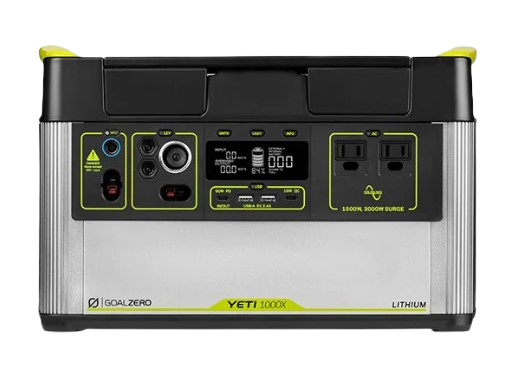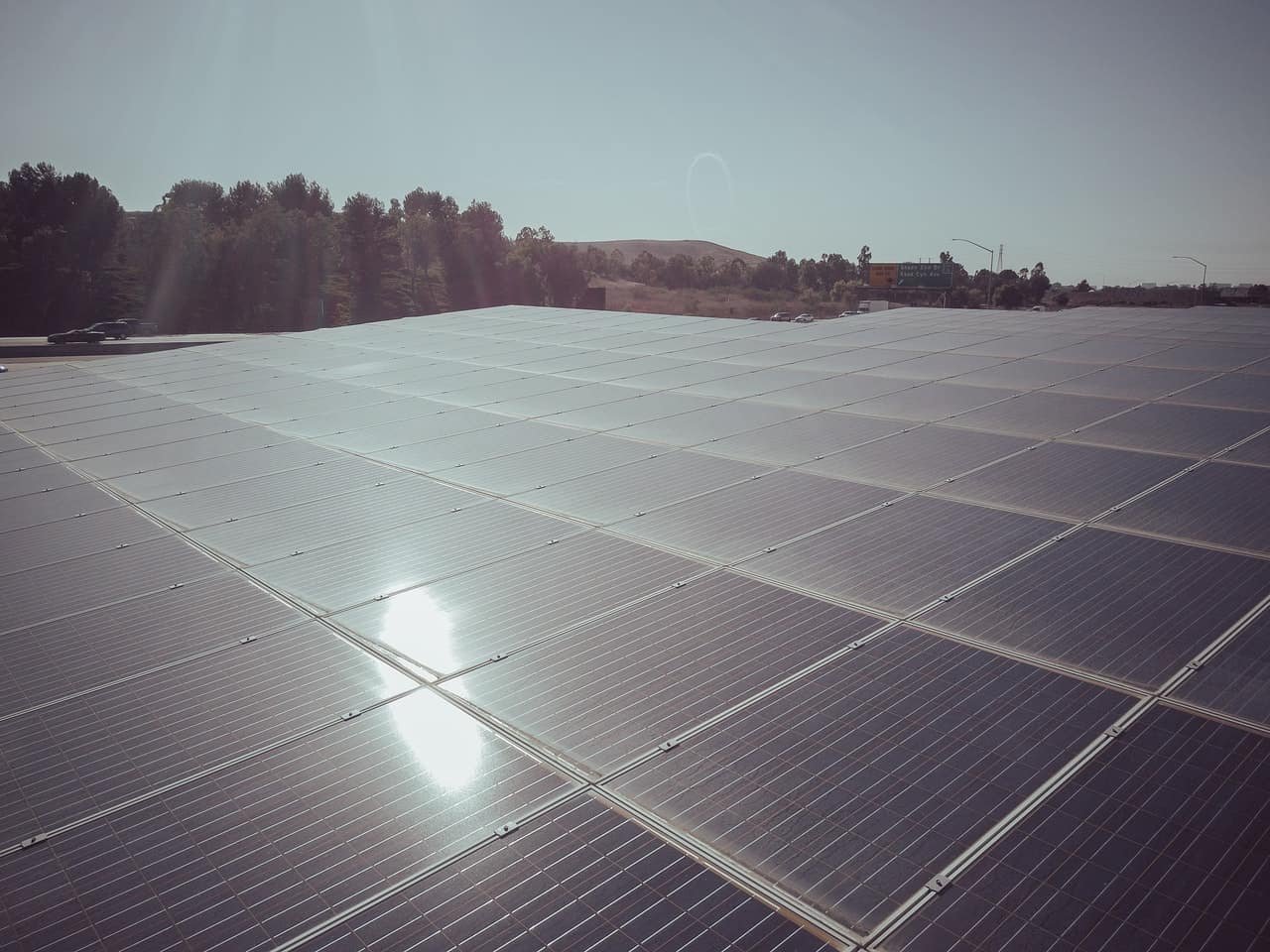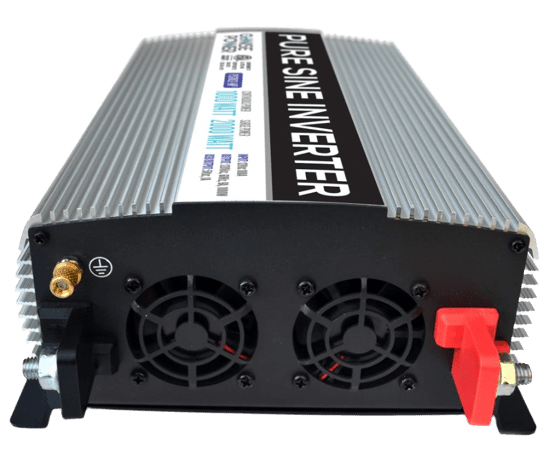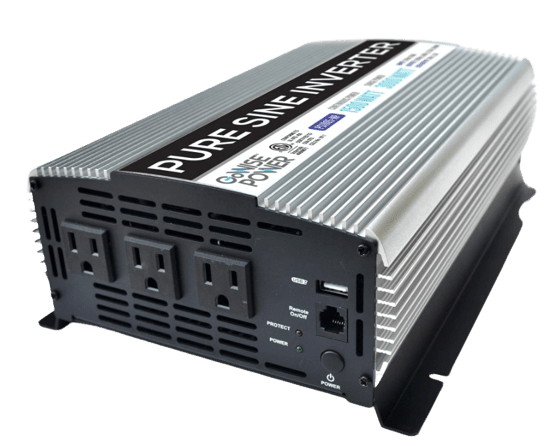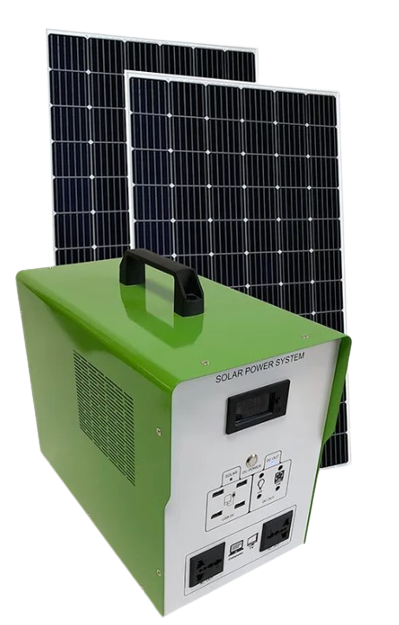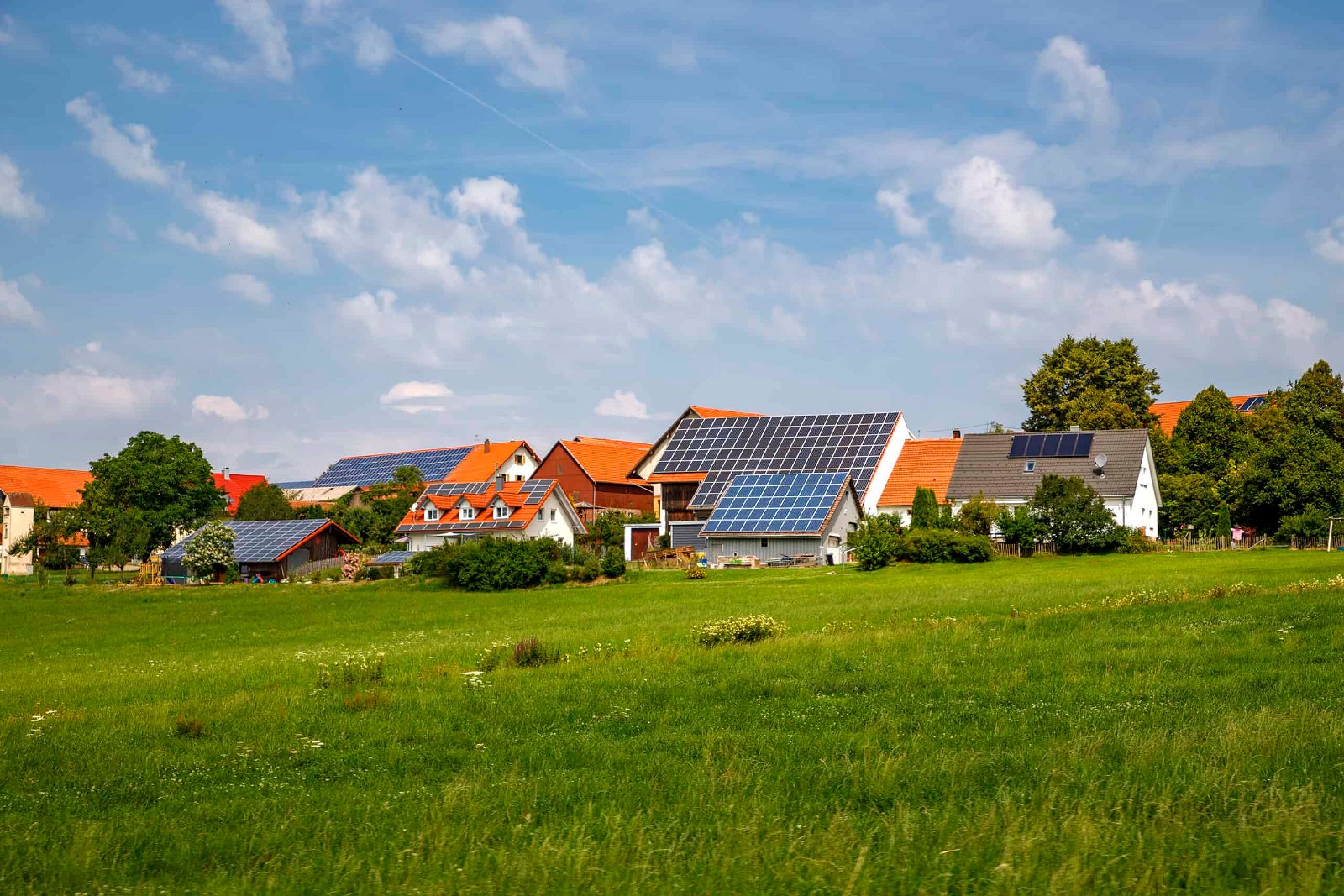Now that you’ve decided that you want a solar energy storage system to store the electricity from a panel or panels in a battery, you have to figure out how to pay for it. By this point, you should have an idea of the size you want, what it will roughly cost, and the installer and company you want to go with.
All that’s left is to hire them and start paying.
While you may have calculated the general cost of the system, you will want to make sure you haven’t overlooked anything. Additionally, there are many different financing options for every part of your solar system.
We’ve made a guide of all the different types of incentives and financing options out there for your battery storage systems so you get the lowest price you can.
Financial options
There are plenty of financial options out there that can stop you from having to dip into your savings and provides lower costs. Since the government is pushing many homeowners to get solar, there are federal incentives out there. However, individual states also offer incentives.
These tax breaks and incentives include all parts of the solar system. Not only do you get discounts on your solar panels, but you also get discounts on any battery system you get. This is one of the reasons they are considered better and cheaper than generators in the long run.
Incentives
There are a few different incentives out there. On top of tax credits, which we will discuss below, there are rebates, low-interest loans, SREC, property tax relief, PBIs, and local incentives.
Rebates are when you get a solar system through a proper vendor and then file a rebate form. This is usually done through your local utility company or the local government. However, there may also be a local organization or company that does the program as well. Check your state, city, and county for rebate options.
Low-interest loans are options to get loans at a lower interest than you usually would when you are getting solar panels or other energy-efficient improvements. This is usually based on local regulations, but some companies may offer incentives as well, so call around.
Property tax relief may mean that you do not have to pay property taxes if you have a solar system, or at least it ignores the increased property value that comes with solar panels for tax purposes. Again, this is at a local level, so check your county, city, and state.
SRECs, also known as Solar Renewable Energy Certificates, are the credits you can get for the solar power you generate. These can be sold to utility companies for additional discounts on their monthly utility bill. These can be worth anywhere between $5 and $450, so look in your area to see what you can get.
PBI or performance-based incentives is a payment based on the amount of solar you generate. This is usually done by your utility company as a part of a net-metering agreement. The rate is usually flat but adds additional discounts to your utility bill every month.
Tax Credits
The US government provides tax incentives for anyone that has solar panels or a solar system. However, this is only going on until 2024, so anyone wanting to get these benefits should install their system soon.
For solar systems installed in 2022, you can get a 26% tax credit, while in 2023, you can get a 22% tax credit.
Besides the tax credit from the federal government, there are also often tax credits from the states. You can look online for your state and see what other tax credits you get. Sometimes, they can even double up so you get twice the tax credits.
Financing Options
Now that you know what discounts you can get, let’s look at ways you can purchase or lease solar systems, including solar batteries.
Cash
Of course, cash is king. Cash allows you to pay for the installation and solar energy system right up front without any hidden fees down the road.
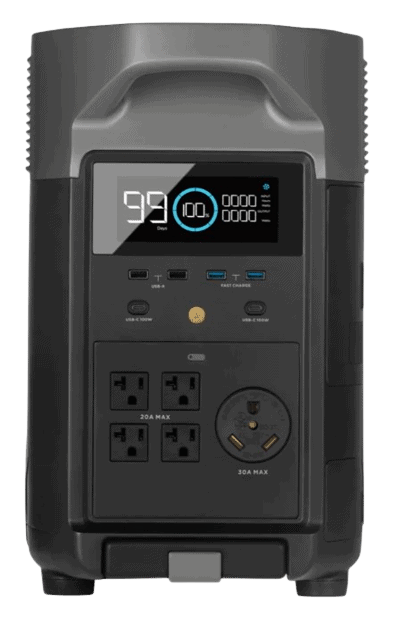
Usually, when you are paying with cash, the installation company will ask you to cover a certain percentage of it upfront, and then pay the rest of the money after.
The initial cost is usually the cost of all of the appliances and software that they need to buy specifically for you. This is to stop them from having a large number of unneeded things in their office in case you decide to change your mind or issues arise.
That way, they aren’t paying unnecessary prices for these systems, only to have you cancel. Then, after the installation is complete, they will ask you to cover the cost of the rest of it, which usually accounts for the installation pricing and other small parts they may already have around their office.
If you have the money, this is the best method, as you don’t have to worry about payback or dealing with financing companies, but that isn’t always possible.
Loans
If you can’t afford to pay for your solar storage system up front, even with incentive programs and battery incentives specifically, then loans are another option. There are many services for getting solar loans, and some near you may even offer low-interest loans for solar installation.
These loans will usually cover the installation. Then, if you get money from incentive programs, you can pay back some of your loans.
There are a few benefits to loans, though you have to pay more in the long run. The first is that it stops you from digging into your savings if you are low. Additionally, loans can help build credit, so if you want to improve or build your credit, a solar loan can help a lot and be a step in the right direction.
Leases
When it comes to leases, we don’t recommend them if you have another option. There are times leasing can be useful, such as if you are renting a home and can’t get permanent systems in the house.
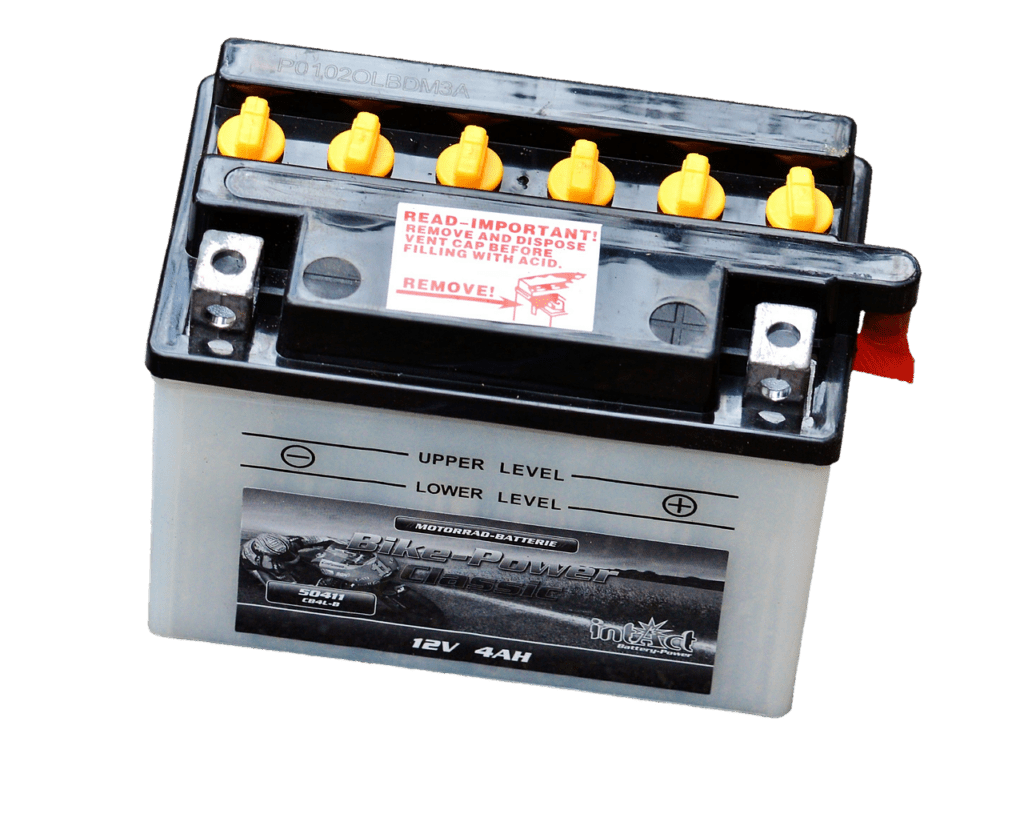
These are often known as Solar Power Purchase Agreements. Instead of getting a personal system, you can purchase the right to a certain amount of solar power a month. This is ideal for people who are renting, but it also works for those that live in apartments, and don’t have a roof to attach their solar system.
It is usually cheaper, and a better idea for those that won’t be staying customers for a long time, but want to benefit the environment or get a bit of a discount on their utilities. Not every place can do this, so look at your local information for rights and capacity you can purchase.
However, some scummy installers and salesmen will tell you the way of the future is by leasing solar panels and battery systems. Rather than being beneficial, when you look at all the factors, you will see that it costs a lot more than you can save using a battery system.
Additionally, leased solar systems, including batteries, can lower your property value. This is because that solar panel system or battery storage system takes a long time to buy off via leasing, and you don’t own the panels.
This means that the next homeowners either have to try and continue the deal with the leasing company and enter into a legal contract, or they will have to have someone come ad remove the solar panels for a cost and usually a fee for breaking the contract.
Related Articles:
Find the Right Contractor
Make sure you don’t go with just any contractor. It is a rapidly growing field full of careers, but that also means that there is a risk you are getting a company that uses poor-quality devices, charges exorbitant prices, or doesn’t follow the correct process.
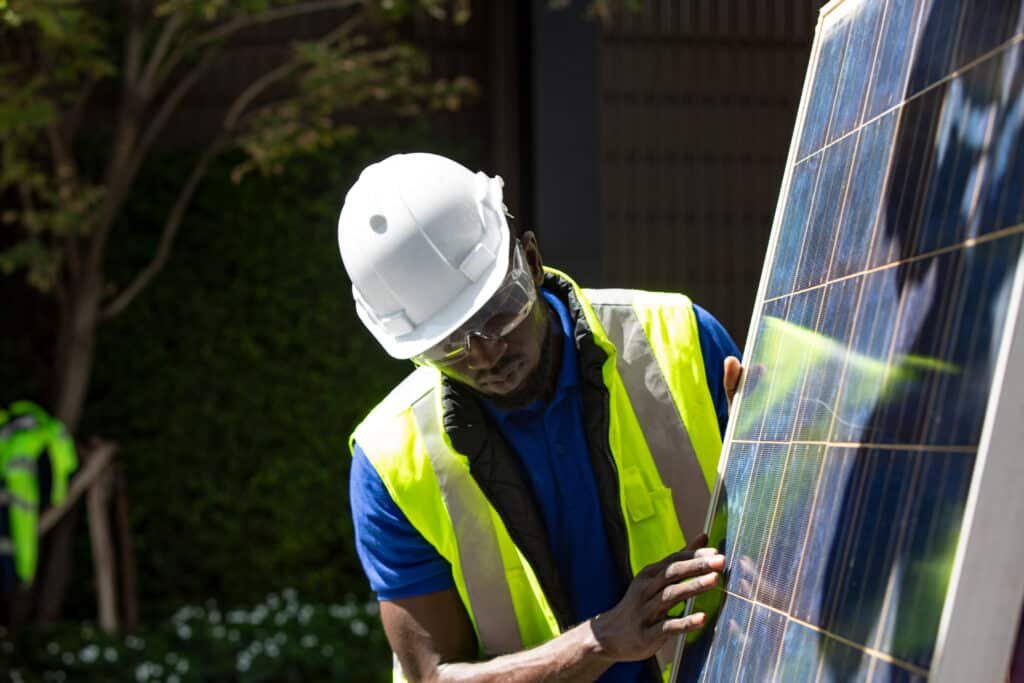
Always do your research somewhere outside of their website page and company brands to make sure they have good reviews and can be trusted to do the job properly.
Also, if there is a specific company for your solar system you want to use, such as a Tesla Powerwall, then you can look at companies in your area to see if they have a degree or deal with the company you want to give you the system you want.
FAQ
What are the benefits of solar storage?
There are many benefits of solar storage. While solar panels already allow for discounted electricity prices, solar batteries can give you additional independence from the utility grid.
For example, it can act as a battery backup in the case of blackouts or power outages. You can also use some batteries and inverter systems for monitoring your system and energy usage.
You can also use a battery to go off-grid and not rely on your utility company at all. A battery allows you to continue to use power generated by your PV system, even when there is no sunshine.
Finally, you can also lower your demand charges by using less power throughout the month, and during peak hours when your TOU or time-of-use would be highest. Since most peak TOU hours are when the sun you receive isn’t as strong, your energy needs and energy use are often higher during this time, and using a battery can make big differences in your monthly utility bills even more so than just solar panels.
This further reduces your costs, but still allows for deals with net metering and reduces your carbon footprint further.
How does solar storage work?
Solar storage works similarly to other storage such as water, wind, and heat energy. The energy is stored in a system to be released later.
Solar works like normal electricity, where the energy and light from the sun and the photons in the air are used to move electrons. These electrons create electricity, which gets converted into usable energy via various equipment.
If you don’t use the electricity right away, traditionally it is released back into space or wasted. But now, they can be stored in batteries.
If you are off-grid, the batteries will kick in whenever you don’t have enough power directly from solar panels to power what you need. If you are grid-tied, you can set it up to pull from the battery whenever you are short, or to use it in emergencies such as power outages to maintain your power when the grid goes down.
For some states, like California, traditional generators that rely on gas are being banned. This means that if you need lights and power during an outage or maintenance of the grid, you can’t use a generator. In these cases, solar battery technology can be incredibly beneficial.
What are the best solar storage products on the market?
Some of the best solar storage products on the market are:
– Goodwe Lynx U-Series
– Tesla Powerwall
– Enphase IQ
– Sonnen eco
– Generac PWRcell
– PowerPlus Life Premium
– Huawei LUNA2000
– Redback Smart Hybrid
How do I choose the right solar storage for my needs?
You can choose the right solar storage for your needs by determining the range of power you use and what you want to use the system for. If you just want backup power, get a battery big enough to power your basic appliances and lights.
If you want to be able to power everything, you will need a system that can hold a charge big enough for your daily use. If you are off-grid, most people recommend having a battery that can handle three days of basic power without a problem in case of problems or an emergency.
